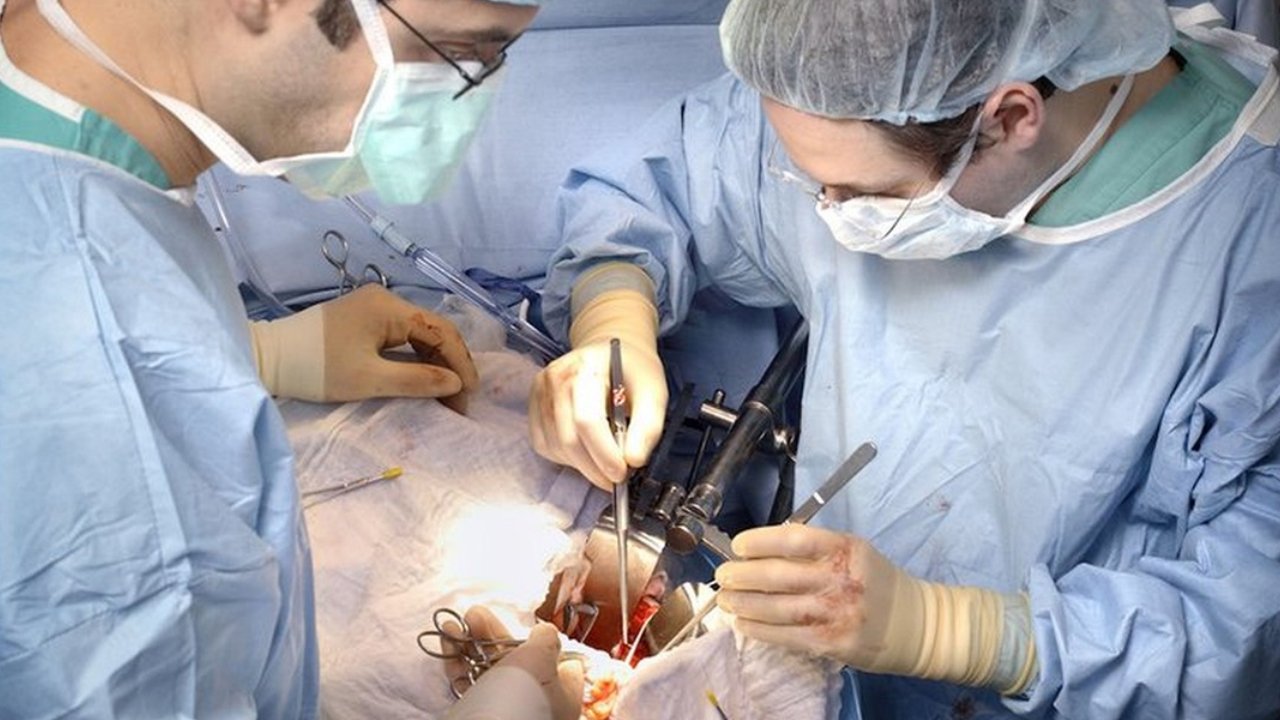Kidney Transplant

Introduction:
Kidney transplantation is a medical procedure that involves replacing a damaged or non-functional kidney with a healthy one from a living or deceased donor. This life-saving procedure is often recommended when other treatments for kidney failure, such as dialysis, are no longer sufficient. In this blog, we will delve into the conditions that necessitate a kidney transplant, the different types of transplants, and the treatment process.
Conditions Requiring Kidney Transplant:
- End-Stage Renal Disease (ESRD): The most common reason for kidney transplants is ESRD, where the kidneys have lost almost all of their function. This can result from chronic conditions like diabetes, hypertension, or glomerulonephritis.
- Genetic Disorders: Some genetic conditions, like polycystic kidney disease, can lead to kidney failure, making transplantation a viable treatment option.
- Severe Kidney Infections: Infections or severe damage to the kidneys due to urinary tract problems may necessitate a transplant.
Types of Kidney Transplants
- Deceased Donor Transplant: In this type, a kidney from a deceased donor is used. This option relies on the availability of organs from deceased individuals who have registered as organ donors.
- Living Donor Transplant: Living donors can provide a kidney, either related or unrelated to the recipient. This option offers faster transplantation and often better outcomes due to the immediate availability of a healthy kidney.
Treatment Process:
- Evaluation: Before undergoing a transplant, the recipient’s health is thoroughly assessed to determine if they are a suitable candidate. This includes blood tests, tissue matching, and psychological assessments.
- Matching: For living donors, tissue typing and cross-matching are performed to ensure compatibility. Deceased donor kidneys are allocated based on a national waiting list and matching criteria.
- Surgery: The transplant surgery typically takes several hours. The donor kidney is placed into the recipient’s lower abdomen, and the blood vessels and ureter are connected.
- Post-Surgery Care:After the procedure, patients need to stay in the hospital for a few days to monitor their recovery and ensure the new kidney functions properly.
- Immunosuppressant Medications:To prevent the recipient’s immune system from rejecting the new kidney, they must take immunosuppressant drugs for the rest of their life.
- Follow-Up: Regular check-ups and monitoring are essential to ensure the transplanted kidney continues to function well and to address any complications promptly.
Conclusion:
Kidney transplantation is a life-changing procedure for individuals with end-stage renal disease or severe kidney conditions. It offers the promise of a healthier, more fulfilling life. Whether from a living or deceased donor, the transplantation process involves careful evaluation, matching, surgery, and lifelong medication. With advances in medical science, kidney transplantation has become a well-established and successful treatment option for those in need, providing hope and improved quality of life to countless patients worldwide.
Contact Us
Get In Touch
Address
F 146/9 second floor shaheen bagh jamia Nagar New Delhi 110025
Phone
+91-9716952857
cure2world@gmail.com

